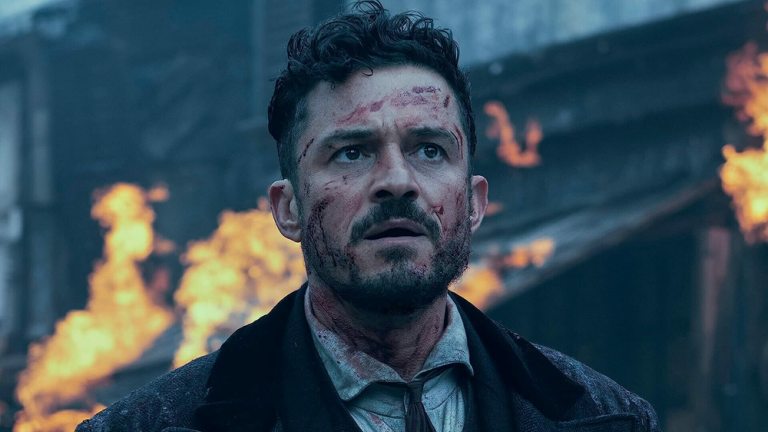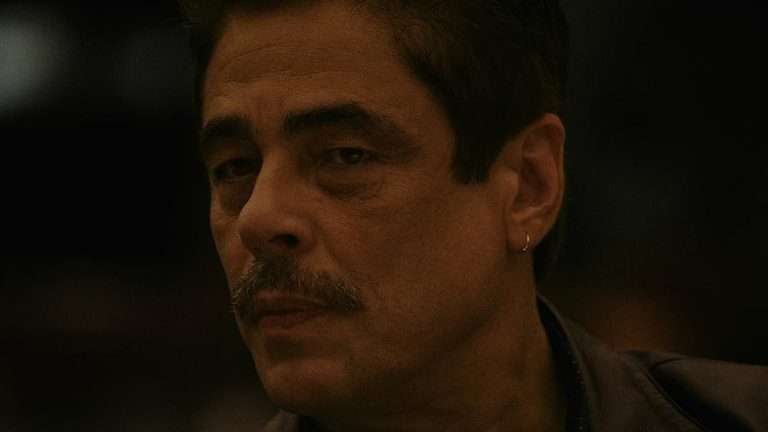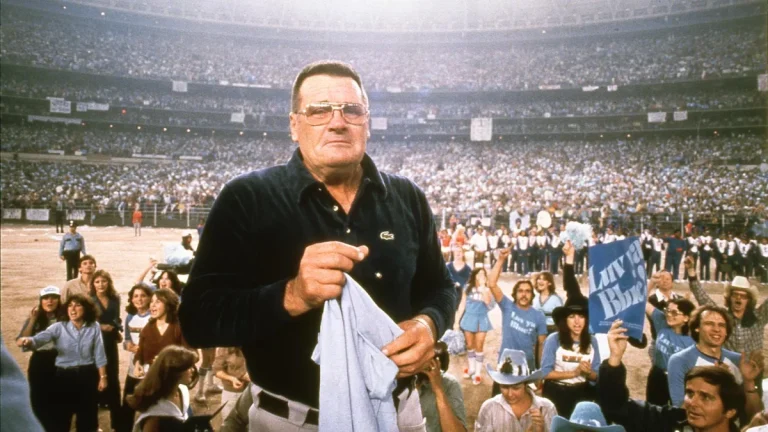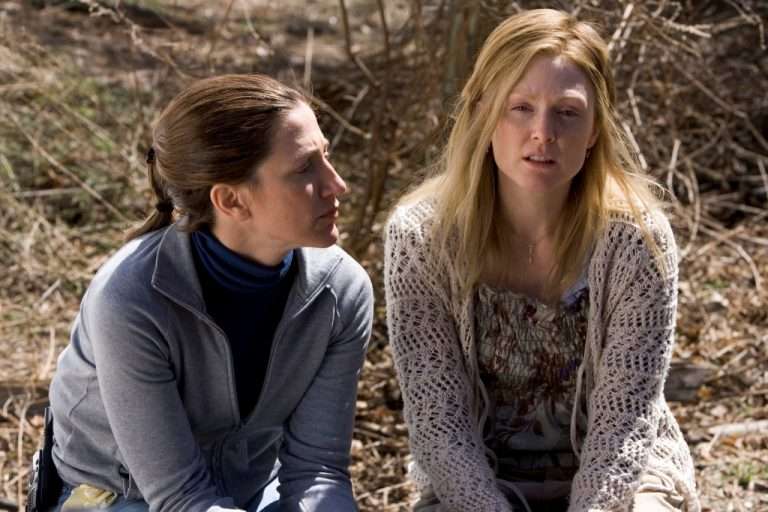Opening on an idyllic montage of Los Angeles, narrated by Hush Hush Magazine editor Sid Hudgens (Danny DeVito), Curtis Hanson’s L.A. Confidential (1997) paints the picturesque view you’d expect of the city of dreams. The narration twists across the media image of the place, buoyed by the wholesome family values projected by the USA in the 1950s. However, as soon as he can, as he does for most of the narrative, Sid pulls back the layer of this façade and presents the dreary and dangerously corrupt place the City of Angels truly is. The glitz and glamour cover up the element of organized crime running rampant through the city and the LAPD’s inability to contain it despite its reputation as the best police force in the world.
Sid Hudgens ends this narration and his front-page article on the fact that the criminal element has marked a sizeable shift in dynamics, with a power vacuum felt at the top. He asks in hushed whispers who will take over and change the face of crime and law and order in Los Angeles. This initial spark unravels a myriad of mysteries, crimes, and twists that the director Curtis Hanson and writer Brian Helgeland use to examine the golden era of the 1950s and, through it, the systematic rot sweeping the LAPD.
There’s a good reason why in 1998, Brian Helgeland and Curtis Hanson won the Oscar for Adapted Screenplay, and it isn’t just because they took James Ellroy’s original novel, spit out this web of a complicated plot, and fine-tuned it for the silver screen. Within the opening minutes of the film (as Sid’s narration ends), we are succinctly taken through each of the three protagonists that will come to define the LAPD and the complications that arise both from without and with their own individual pursuit of justice, not to mention their differing definition of it.
It’s economical writing at its finest, as each introductory scene establishes the characters (not to mention a few of the key supporting ones) and their own moral code as Police Officers, or the lack thereof. Bud White (Russell Crowe) is a hothead, viewed as a tough simpleton with a soft heart for damsels in distress. Jack Vincennes (Kevin Spacey) is a showboating Hollywood cop who knows how to make things happen and make some side money while doing it. Finally, Edmund Exley (Guy Pearce) is a straight arrow who refuses to go against the book but has lofty ambitions and the political wherewithal to reach his goals.
On the eve of Christmas, they find themselves in the local station when three Latino men are brought in for charges of assaulting officers of the LAPD. The story of the assault spreads amongst the officers. It grows in stature, riling up the entire department full of drunk, underpaid, angry officers with Exley as watch commander, unable to stop them. It further highlights the methodology of each character, including Exley’s incompetence in the face of his violent peers as Bud’s anger explodes over the remarks about his mother. Finally, Jack involves himself when his vanity is at stake.
Dubbed by the newspapers as “Bloody Christmas,” this becomes the next inciting incident (after the incarceration of the former head honcho of organized crime) that puts a blot on the image of the LAPD and leads into the subsequent plot beat. “The Nite Owl Massacre” sees a gory shootout at a diner. Among the murdered is a Cop indicted in the prior prison riot, thanks to Exley’s willingness to snitch despite the honor code within the department. This snowballs further into plot points across the rest of the film, as the officer murdered is Bud’s former partner, now in Exley’s crosshairs. Exley’s own rise to the top sees him pursue the massacre case with vigor, his investigations resulting in success but seemingly suspect to himself and others.
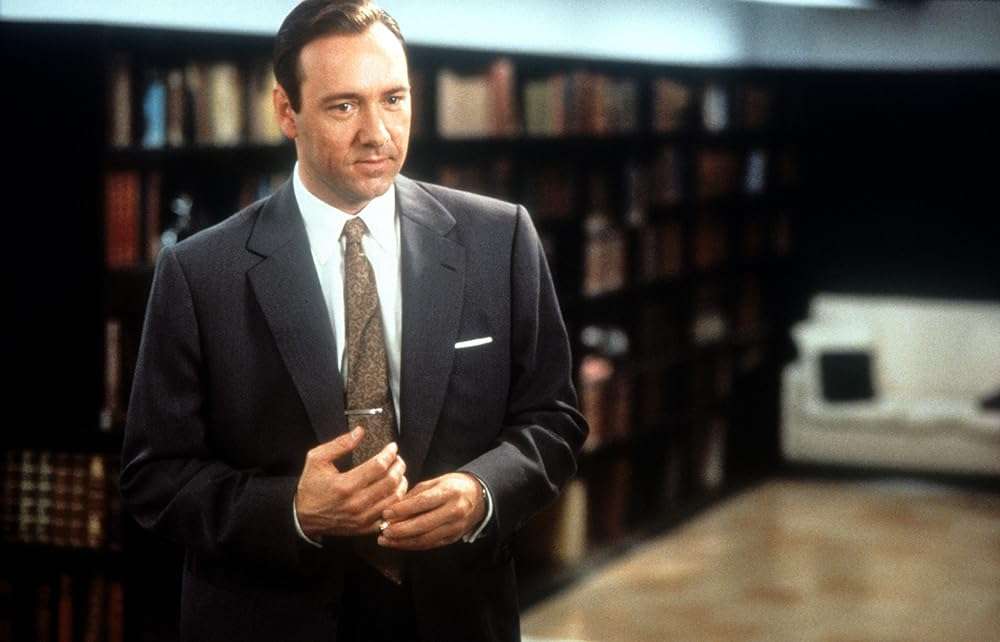
Jack’s actions find him in the doghouse, ultimately uncovering deeply troubling political connections to a pornography and prostitution ring. Bud is led down his path as he tries to solve his friend’s murder, bringing him into contact and embarking on a romantic affair with Lynn Bracken (Kim Basinger) while also serving as a muscle for their Captain Dudley Smith (James Cromwell), way out of jurisdiction. All these points come to merge at the center of the case of the massacre, yet what Hanson and Helgeland weave with this complex plotting is to really dissect these individual characters. Their psychological frame of mind is tested with the screenplay (enhanced by the film’s craft) echoing classic film noir to delve further into the theme of what justice and moral ethics in law truly mean.
The pivotal scene in this situation comes around midway when Exley and Jack begin to work together, with the former coming to understand the mettle it takes to lead cases as a Detective (sometimes bending the law) and the latter rediscovering a long-buried conscience. They both discuss why they wanted to become police officers; hauntingly, Jack has no answer and cannot remember his purpose.
In turn, Exley tells him the story of ‘Rollo Tomassi’ AKA The Man that Got Away. Exley’s ambition is tied to his father; he chases the same success his father had as a police officer. Similarly, Exley became a Policeman because a mystery assailant who was never caught and whom Exley dubbed as ‘Rollo Tomassi’ killed his father on duty. Just a few short scenes ago, Bud, in a tender moment with Lynn, reveals that he joined the force because of his abusive father. He watched his father violently murder his mother, leaving him deeply scarred and desiring revenge and justice against those who prey on the innocent. His father escaped, never to be seen again, much like the man who got away.
As we move further along the unveiling of secrets and machinations within Los Angeles in the plot, ‘Rollo Tomassi’ is used both as an effective plot device and to chart the evolution of these men. Exley begins using methods outside the book to get to the bottom of the massacre, including willingly ruining his earned reputation as a hero in favor of the truth. Bud becomes so emotionally invested in not allowing the real criminals to get away this time that he displays his uncanny detective skills and smarts in getting ahead of this case when no one expects anything from him.
The writing is razor sharp in charting the two arcs, especially as they come to collision and unity to rid Los Angeles and the LAPD of corrupt forces holding it down. Yet what’s brilliant is how the screenplay brings back the two men’s fatal flaws at crucial points, punishing them and ironically rewarding them over their worst instincts as characters. Exley’s political ambitions get the best of him, even when he is willing to lose his reputation in both moments of levity and ultimately cruel manipulation. This also results in Bud giving into his basest fears, to the point where he nearly becomes like his own violent father.
There’s a grain of tragedy that echoes classic film noir that can be felt in how the screenplay plays out. Intelligently, Hanson and Helgeland also employ a satirical spirit to the pulpy genre with a dollop of heart. The ending is the best example of this, as we witness one of the rare moments of a Noir ending both at a Sunny setup while also being somewhat of a happy ending. Yet there is an undercurrent of bitterness to the scenario as Bud walks away permanently injured but with the love of his life, Lynn. Meanwhile, Exley gets to climb the ranks, declared a hero despite his mistakes, imbibing what makes him, as well as Jack and Bud, altogether the right kind of Police Officer to keep corruption at bay if not entirely eradicate it.
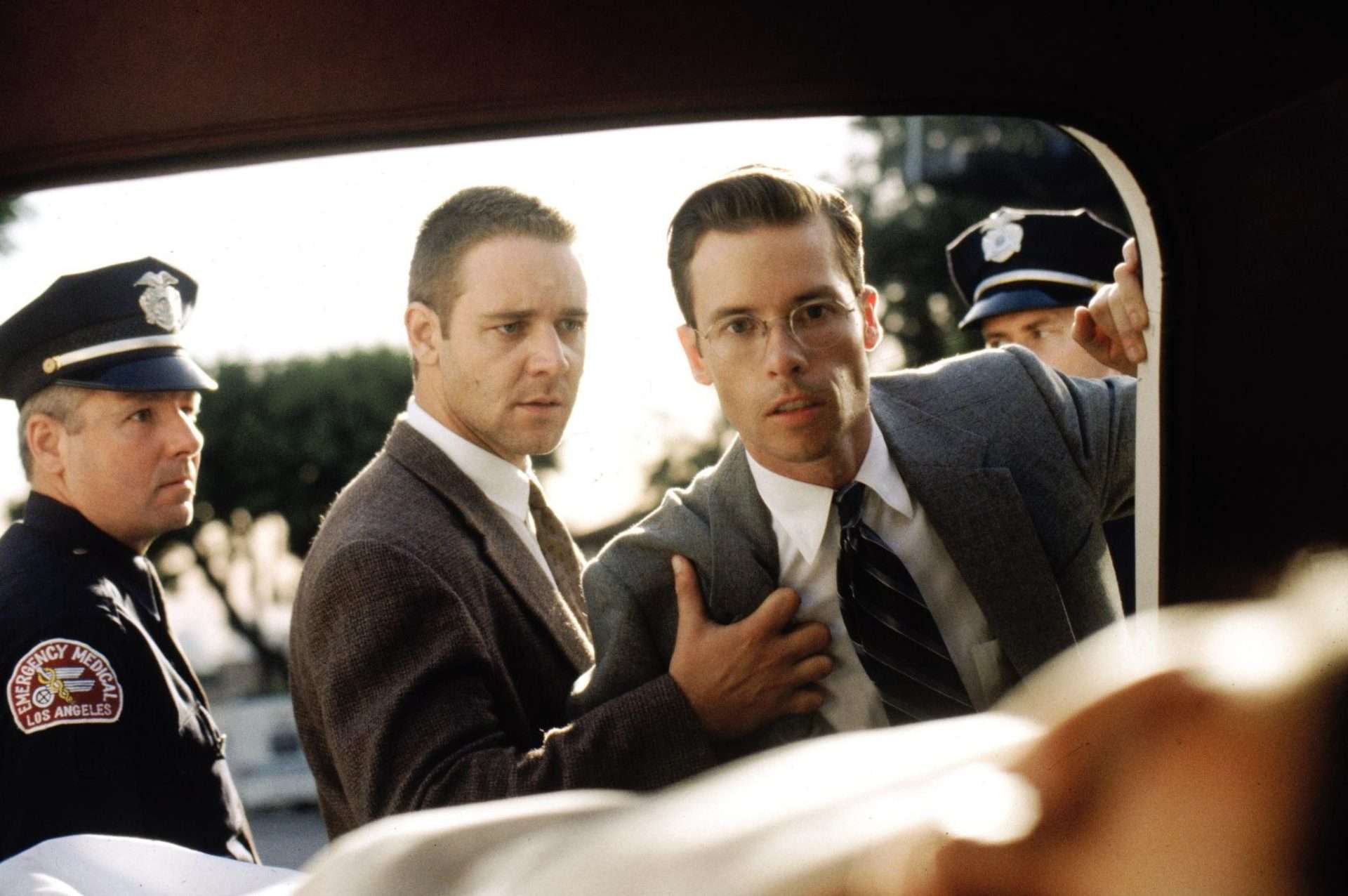
That sensibility and stylistic depth of Noir isn’t just felt in the screenplay but enhanced by the craft all around. This is particularly true of Peter Honess’s whip-smart editing, as plot beats build and converge and the arcs develop. The convoluted nature of the plot doesn’t become a hindrance, thanks to how the editing lays it out. Similarly, the production design and crisp cinematography of Dante Spinotti do the heavy lifting in emphasizing classic Noir elements while also making this a Los Angeles that feels lived-in.
There are shades in the lighting, costuming, and sets that especially create a significant difference between the flashiness of Hollywood and the Wild West of the crime-ridden world of the LAPD. It allows that duality of perfection and corruption within systems to truly be felt. The jazzy notes of the score truly add to the feel of Curtis Hanson’s desire to make a film noir in 1997 as a pure tribute to the 50s.
Ultimately, where the film truly finds its mark is with the ensemble cast. Kevin Spacey has a sly charm about himself as Jack, where he goes from a selfish, conniving man to a selfless hero. Basinger, who won the best supporting actress at the Oscars, isn’t quite up to par with the accolade, but she embodies both aspects of a femme fatale and damsel in distress. James Cromwell and Danny DeVito shine in spurts, particularly towards the end with the former.
Yet truthfully, the film is best as a two-hander, building the chemistry between Russell Crowe and Guy Pearce as they go from morally conflicted adversaries to partners at a final western-styled standoff. It was a breakthrough role for both men in Hollywood, and one can see why it truly pushed them to modest stardom. Pearce plays Exley with all the self-righteous smarm his character can muster; you sense how much he enjoys being smug right to the end. His ability to enhance the drama with his expressive face gives some scenes just the right bit of tension but even hilarity when needed.
Russell Crowe, though, operates on another pedestal: that thin veneer of explosiveness that Bud threatens to let loose with is bolstered by how Crowe carries the weight of his arc. When Bud first interacts with Lynn, Crowe times his reactions late to sell the innocence of a man moving from an investigation into flirting. When his anger gets the best of him, Crowe is caught in the thrall of this rage that effortlessly encapsulates the horror of White’s backstory. There are minute shifts that make you understand the surface-level emotion Bud carries, but also the tenderness and smarts no one sees that ultimately become the character’s trump card in besting the antagonists’ plans.
As sunny as this noir ends, we see despite their differences and their circumstances, both Pearce and Crowe end the film selling the triumph of their chemistry as much as their characters’ actions. The heroic Bud, sold with earnestness by Crowe, must free himself of the system to be somewhat happy. The desire to be a hero leaves Pearce’s Exley having to fall in line with what the LAPD expects a Detective to be, both pursuing justice and executing it outside the tenets of law and order. L.A. Confidential ends on an idealized notion of what justice should ultimately mean. Yet, in the arcs of its two protagonists, it truly feels like a perfect noir, reflecting the narrative’s time period.


